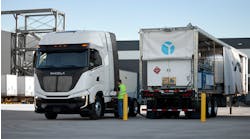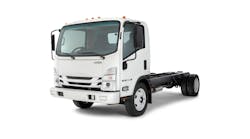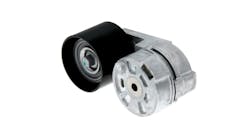Q: What is the difference between synthetic and conventional oil?
A. Conventional oil is refined from crude oil, which contains a number of contaminants, such as sulfur, nitrogen, oxygen, waxes and metal components. A portion of these contaminants make it into the final product and reduce the oil’s life and performance. Synthetic oils, on the other hand, are custom-built from the molecular level to meet specific design targets. Their pure, uniform molecular structures impart properties that provide better friction-reduction, optimum fuel efficiency, maximum film strength and extreme-temperature performance conventional lubricants just can’t touch. As a result, synthetics provide excellent and long-lasting equipment protection.
Information provided by: Amsoil



